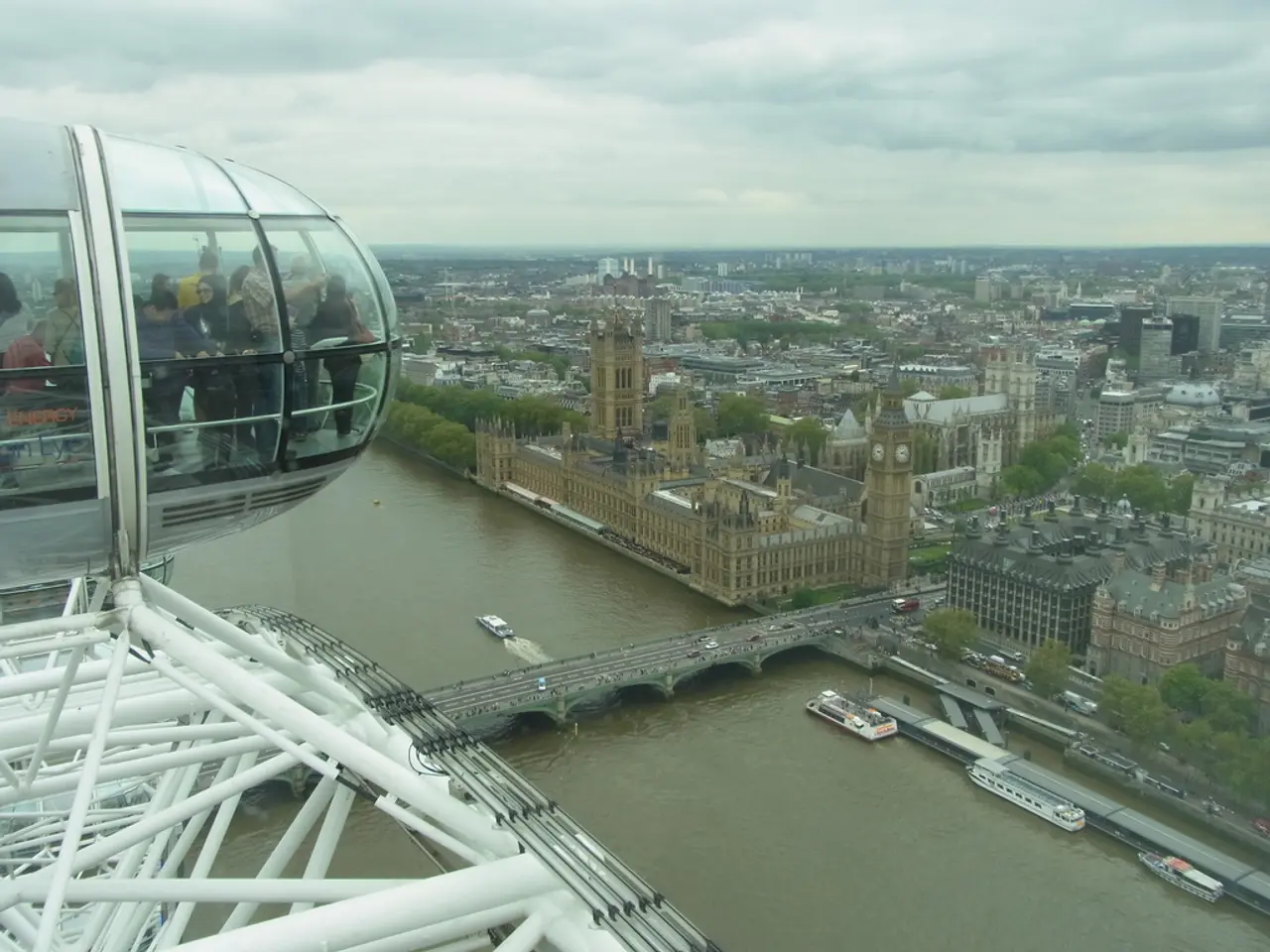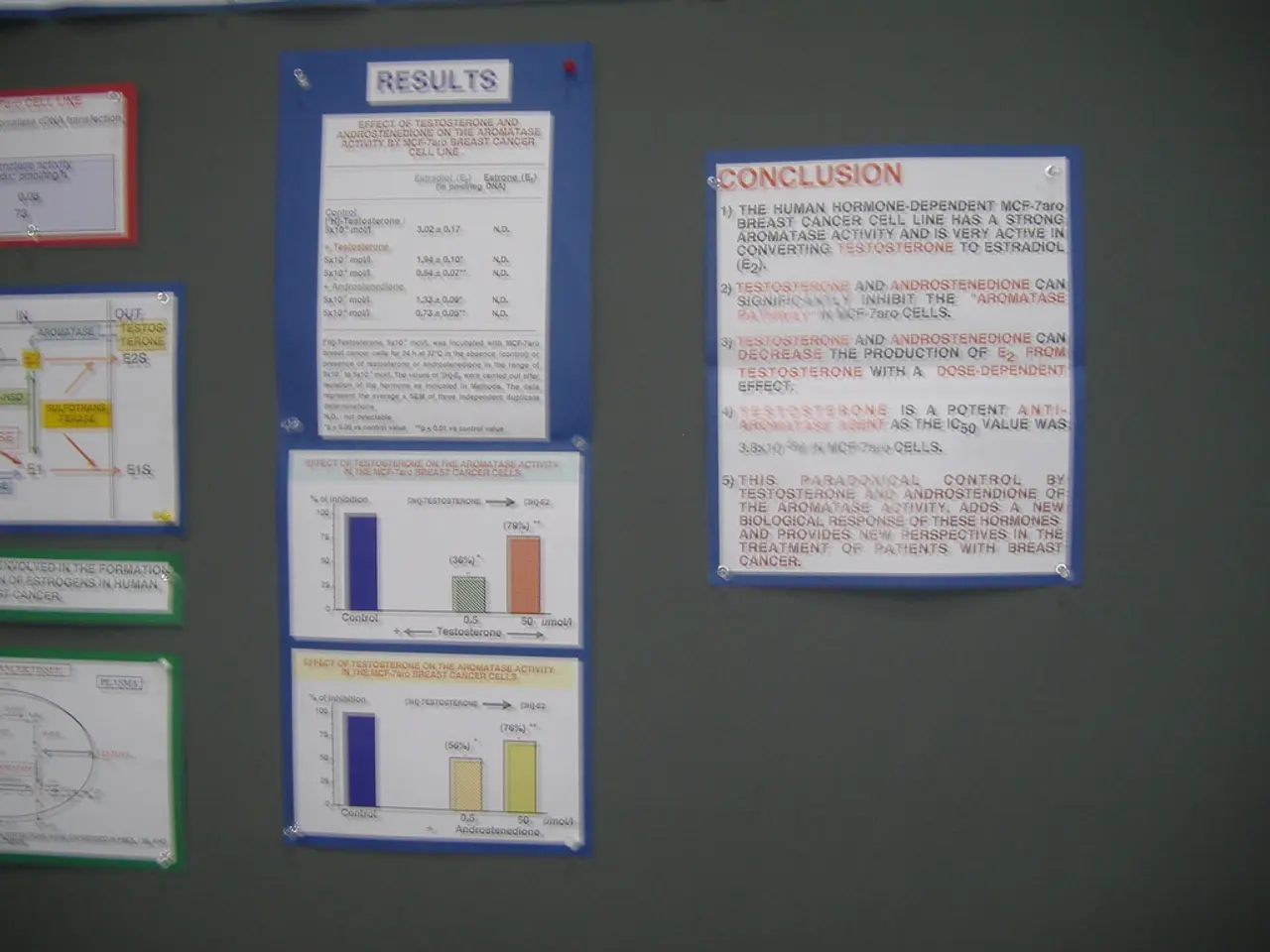One Billion Euros: Thuringia's Ambitious Green Investment Agenda
Thuringian Administration Introduces Investment Initiative
Thuringia's government is gearing up for a massive, multi-year investment program aimed at bolstering cities, municipalities, and districts. Here's the lowdown:
- Thuringia's government is planning an impressive investment program, earmarking a whopping one billion euros by 2029.
- Details about funding and use of the funds will be announced in Erfurt later this week.
- Annual investments of around 1.6 billion euros are needed just to maintain existing infrastructure, making the government's planned investments crucial.
- Finance Minister Katja Wolf (BSW) hinted at loan offers from Thuringia's Development Bank, with the possibility of state support for interest payments and repayment.
Controversy at the Parliamentary Committee
The allocation of state funds to municipalities has been a hot topic in Thuringia for years.
According to Thuringia's Development Bank, the annual investment need for Thuringia's municipalities stands at a hefty 1.6 billion euros just to maintain current infrastructure levels.
Forging a Greener Future
The investment program focuses on nurturing innovation, adopting sustainable technologies, and boosting advanced manufacturing capabilities, particularly in sectors closely linked to green energy and high-tech industry development.
Notable elements of the program include:
- Emphasizing Green Hydrogen and High-Temperature Electrolysis Technology: A portion of the investments will support cutting-edge research and pilot production facilities, like the SOEC pilot production plant in Arnstadt, Thuringia. This strategic partnership between Fraunhofer IKTS and thyssenkrupp nucera is aimed at advancing high-temperature electrolysis technology for green hydrogen production - a key factor in sustainable energy transition.
- Support for Advanced Manufacturing and Clean Technologies: The investment plan is aligned with the production of new-generation technologies that foster cleaner transportation and sustainable manufacturing processes. Example initiatives include the development of hydrogen engines and the adoption of green propulsion technologies, beneficial for the region's economic and environmental objectives.
- Diversified Investment: Although a detailed breakdown by sector isn't provided, the emphasis on mission-critical technologies, renewable energy infrastructure, and advanced communication platforms demonstrates a diversified investment strategy targeting growth sectors that drive the local economy while ensuring environmental sustainability.
- Long-term Horizon: The one billion euro investment is planned to be distributed over several years up to 2029, enabling phased development and scaling of projects to hit technological milestones and economic impact targets within the program's timeframe.
In essence, Thuringia's one billion euro investment program by 2029 represents a comprehensive, multi-year plan devoted to innovating sustainable energy technologies such as green hydrogen production, enhancing manufacturing capabilities in advanced engines, and fostering high-tech industry growth to secure competitive economic development and ecological advancement in the region. Specific financial allocations across projects or sectors, while not detailed in available data, underline the importance of cutting-edge technology deployment and infrastructure development.
The investment program, as part of Thuringia's ambitious green agenda, aims to bolster advanced manufacturing capabilities and stimulate the growth of sectors linked to green energy and high-tech industry development, requiring substantial investment from finance sources. The government's planned investments, totaling one billion euros by 2029, are intended for the development of cutting-edge technologies like green hydrogen production and the adoption of sustainable manufacturing processes.




